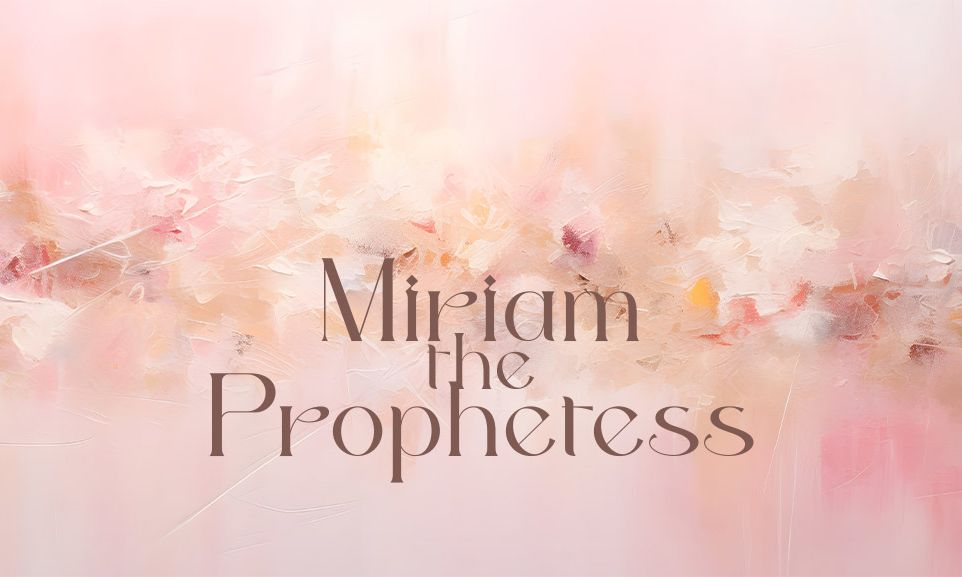
Miriam the Prophetess
Date of passing: 10-Nissan. Daughter of Amram and Yocheved, sister of Aaron and Moshe. In her merit, the “Well of Miriam” sustained the Jews in the desert.

Miriam, the daughter of Amram and Yocheved, and older sister of her two famous brothers, Aaron and Moses, was born in Egypt just when the Jewish people were reduced to slavery, oppression and hard labor. This was in the year 2362 (after Creation), eighty-six years before the liberation. She was born four years before Aaron and seven years before Moses. Having been born at the time when the bitter enslavement began, her parents named her “Miriam” (from the Hebrew word meaning “bitterness”).
Her father, Amram, was the grandson of Levi, the son of our patriarch Jacob. He was the leader and head of the Jewish people.
Miriam the Prophetess
Miriam was a prophetess, as the Torah states clearly.1 Our sages tell us that the spirit of prophecy came to her when she was still a child. Her earliest prophecy was that her mother was going to give birth to a son who would free the Jewish people from Egyptian bondage. This is one of the reasons why she was also called Puah, meaning “Whisperer,” for she was whispering words of prophecy.2 At that time, she and her mother were the chief Hebrew midwives, who went by the names of Shifrah and Puah. King Pharaoh instructed them to kill, at birth, any baby boy born to a Jewish mother. But they did not carry out the king’s cruel order; on the contrary, they helped save them.3 Needless to say, the G d-fearing mother and daughter risked their lives in doing what they did, and they were to be rewarded with the two most distinguished “houses” (dynasties) of the Jewish people: that of kehunah (priesthood), bestowed upon Yocheved’s son Aaron; and that of royalty, bestowed upon David, who was a descendant of Miriam. Miriam was only five years old when she became her mother’s helper in delivering Jewish babies, but she was already quite competent.4
When the cruel Pharaoh gave the order that all Jewish baby boys should be thrown into the river, her parents decided to separate and have no more children, for they already had a daughter and son. Then the six-year-old Miriam said to her father, “Your decree is worse than Pharaoh’s, for Pharaoh aimed at boys only, while you would prevent both boys and girls from being born.” Being the leader of the Jewish people, Amram had set an example which other Jews were quick to follow, and they too divorced their wives. Amram saw the wisdom of his young daughter, and he remarried his wife, whereupon all others also remarried their wives. The following year Moses was born.
Miriam Looks After Her Brother Moses
To escape the king’s officers, who went around searching for Jewish baby boys to snatch them away and throw them into the Nile, Yocheved hid little Moses for three months, but then could not hide him any longer. She placed her wonderful little boy in a basket, which she placed among the reeds at the river’s bank. Miriam was certain that her little brother would be saved somehow, and she placed herself at some distance to see what would become of her prophecy. Then something extraordinary happened. Pharaoh’s daughter, stricken with a rash (a kind of leprosy) that day, went to bathe in the river, hoping the water would clear up her leprosy. She saw the basket among the reeds, took it and opened it. She realized that it must be a Jewish boy, and she was overjoyed when she discovered that her leprosy disappeared the moment she touched the basket. Disregarding her father’s order, she decided to save the baby and adopt him as her own. At that moment Miriam approached the princess and boldly offered to bring a Jewish nursing mother to nurse the baby. The princess readily agreed, and Miriam went and called her mother. The princess left the baby in her care, but ordered her to return him when he was weaned. Thus, Moses was saved, and in due course—eighty years later—he led the Jewish people to freedom, just as Miriam had prophesied. Miriam not only lived to see her prophecy fulfilled, but together with her two brothers she was one of the three devoted shepherds of the people throughout their forty years’ wandering in the desert on the way to the Promised Land.
In Miriam’s Merit
Our sages say that the three great divine gifts that sustained the Jewish people in the desert—the Manna, the clouds of glory and the well—were in the merit of these three worthy shepherds, Moses, Aaron and Miriam respectively.
“Miriam’s Well,” as it became known—a rolling rock that accompanied the Jewish people on their wanderings—provided fresh water in the desert, not only for the people but also for their cattle and sheep. It also made the desert bloom with green pastures and beautifully scented flowers. Small wonder the people loved and respected this wise, G d-fearing and saintly prophetess.
Miriam is mentioned in the Torah only a few times. Like the true mother in Israel that she was, she undoubtedly devoted her time to the women and children, and did not otherwise take part in public life. On one occasion however, she made an exception. This was immediately after the miraculous crossing of the Yam Suf, when Moses and all the people broke into song and praise of G d, singing the well-known “Song at the Sea.” Then was Miriam also inspired with the spirit of G d, and she took a timbrel in her hand and led the women dancing with timbrels. And Miriam repeated for them the refrain, “Sing unto G d, for He has triumphed greatly; horse and rider He cast into the sea.”6
Miriam and Lashon Hara
There was another occasion when Miriam came into the spotlight. It was a rather regrettable incident, and she was not spared the consequences. Miriam made the mistake of criticizing her brother Moses, which she voiced to Aaron. She spoke unkindly of Moses when he divorced his wife, Tzipporah. She did not realize that Moses had acted wisely, for he could not give proper attention to his wife in view of his position, which required that he stand constantly before G d and teach the Torah to the people. She thought that being a prophet should not require withdrawing from a family life, for Aaron and she were also prophets, yet they did not have to give up their family lives. Then G d spoke sternly to Aaron and Miriam, telling them that “My servant Moses” was different from any other prophet, and that there was not the slightest conceit in him, being humbler than any man on earth. G d’s displeasure with Miriam brought her swift punishment. She was stricken with leprosy. Moses prayed to G d for her that she be cured, but G d ordered that she be placed outside the camp for seven days, and then she would be cured. With all that, the people did not lose their respect and love for Miriam. All the people waited patiently until Miriam was cured, and then they continued their journey.
Sad to say, the people did not immediately learn the lesson, for soon afterward the twelve scouts were sent to spy out the land, and they returned with an evil report about it. With the exception of Calev and Joshua, the scouts spoke lashon hara (slander) about the Promised Land, and complained to Moses and Aaron for having brought them out of Egypt. That night was the first tragic Tisha B’Av, and it brought about the divine decree that the entire adult generation coming out of Egypt would die out in the desert in forty years of wandering (a year for each day the scouts were away on their mission), and that only their children, the younger generation raised in the desert, would live to enter the Promised Land, except for Calev and Joshua.
In order to impress on the people about the evil of lashon hara, the Torah commands: “Remember what G d did to Miriam on the way from Egypt.”6 It is one of the Six Remembrances which we recite daily after the morning prayer.
Miriam, Aaron and Moses died within twelve months. Miriam died on the 10th of Nissan in the year 2487—a year to the day before the Jewish people crossed the Jordan into the Promised Land, under the leadership of Joshua. Aaron died on Rosh Chodesh Av, and Moses died on the 7th of Adar 2488.
Miriam’s Passing
Miriam died at the age of 126 (or 127) in Kadesh, and she was buried there.7 When she died, a strange thing happened. The well suddenly dried up, and the rock from which the water used to flow disappeared among the other rocks in the desert. Now the people knew for sure that it was in Miriam’s zechus (merit) that they had enjoyed fresh water all those years in the wilderness. They became fearful that they would now be left without water and, as they had done so often before, they raised a hue and cry against Moses and Aaron. But G d was not going to leave them without water, of course, and the well was to return, this time in Moses’s zechus. G d told Moses to gather the people and, in their presence, to speak to the rock to give water. The rock began to drip water, and Moses, angered by the rebelliousness of the people, hit the rock twice with his staff, and the water began to gush forth in abundance. However, unwittingly, Moses and Aaron missed an opportunity to sanctify G d’s name in public, hitting the rock instead of speaking to it. It would have been a great lesson to the people to see how even a rock is obedient to G d’s word. In consequence, G d told Moses and Aaron that they would not enter the Promised Land, and would die in the desert along with all the generation whom they had led out of Egypt.
In the books of the prophets Miriam is mentioned but once, by the Prophet Micah. In his famous prophecy, which is the Haftorah of the Torah portion Balak, Micah reminds the people of G-d’s many kindnesses to the Jewish people ever since He brought them out from the land of Egypt and the house of bondage, under the leadership of “Moses, Aaron and Miriam.”8
Miriam’s son was Hur, a leading nobleman of the tribe of Judah. Together with Aaron, Hur was appointed to the leadership of the people, while Moses went up Mount Sinai for forty days to receive the Torah and bring down G-d’s tablets. Hur was murdered by the worshipers of the Golden Calf when he opposed them and tried to prevent them from committing that grievous sin. Hur was the grandfather of Betzalel, the chief architect of the Sanctuary (Mishkan).
FOOTNOTES
***
From Early Biblical Personalities. Written by Rabbi Nissim Mendel (1912-1999), “Talks and Tales”, Kehot Publication Society


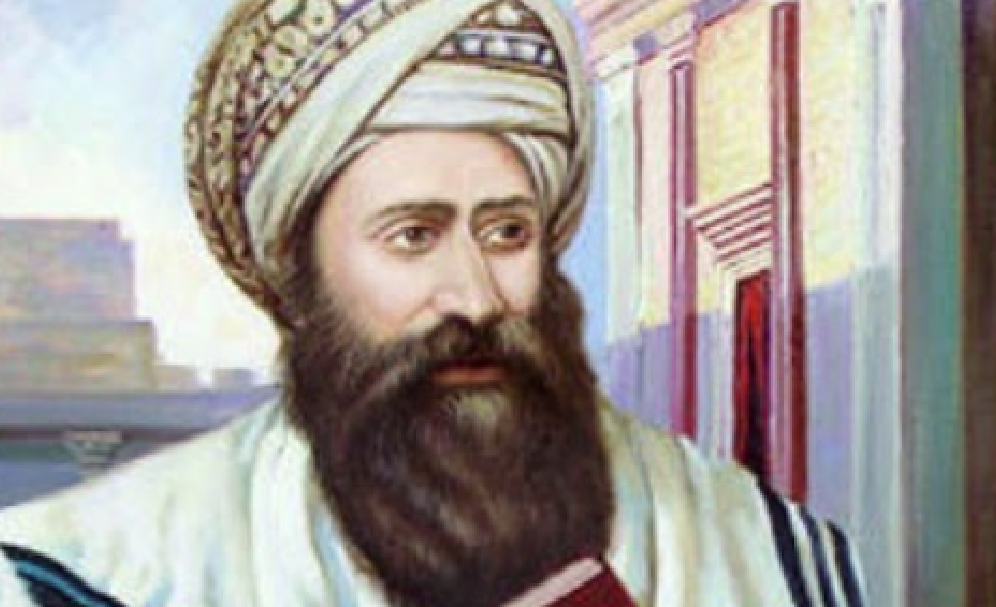
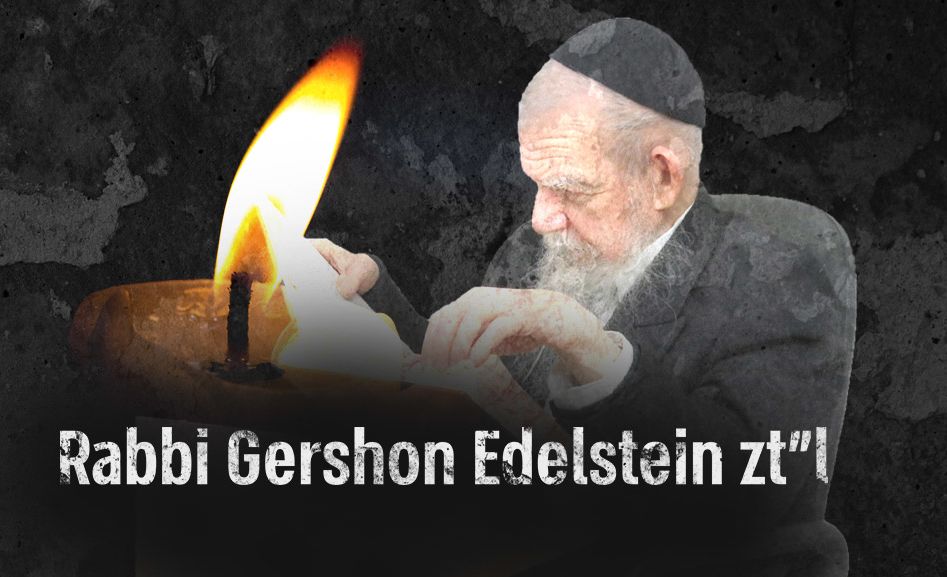
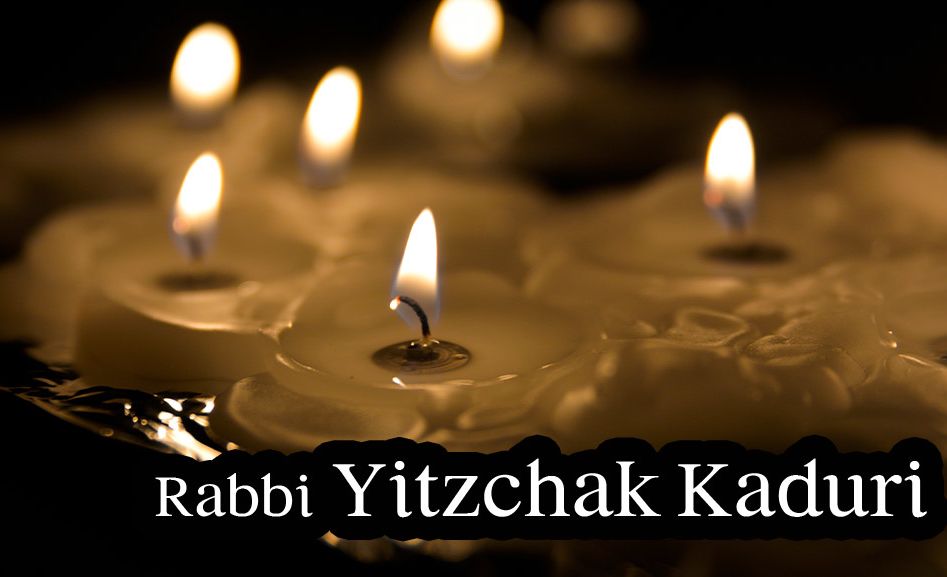
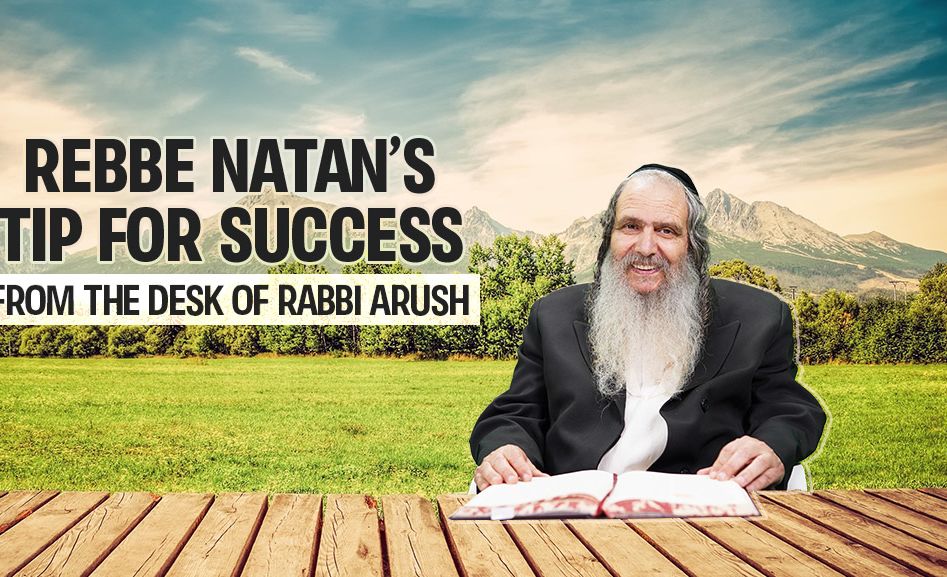
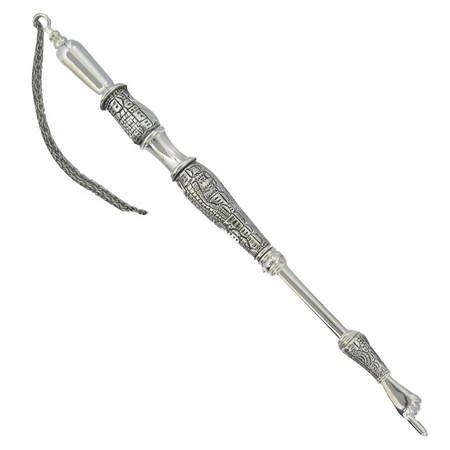
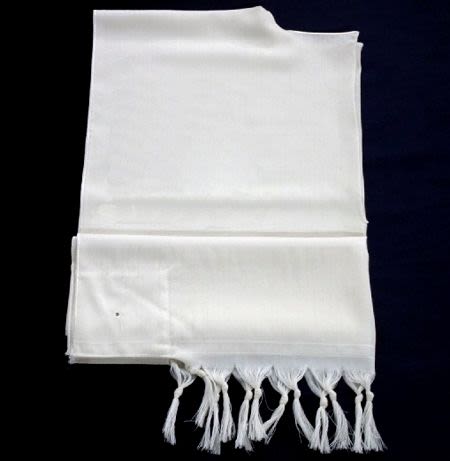
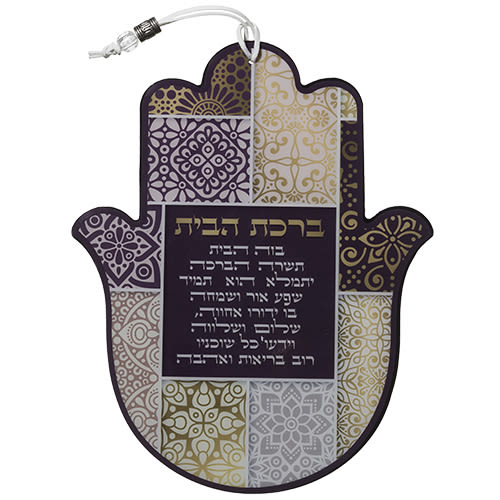
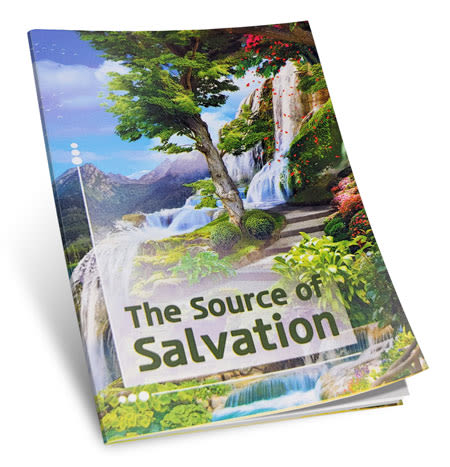
Tell us what you think!
Thank you for your comment!
It will be published after approval by the Editor.